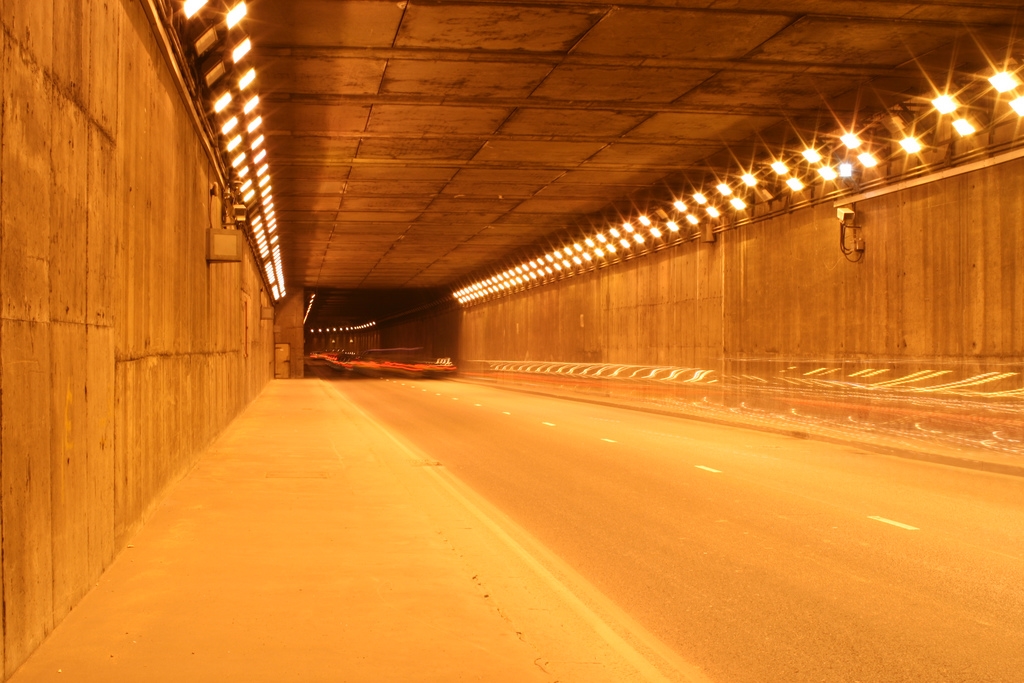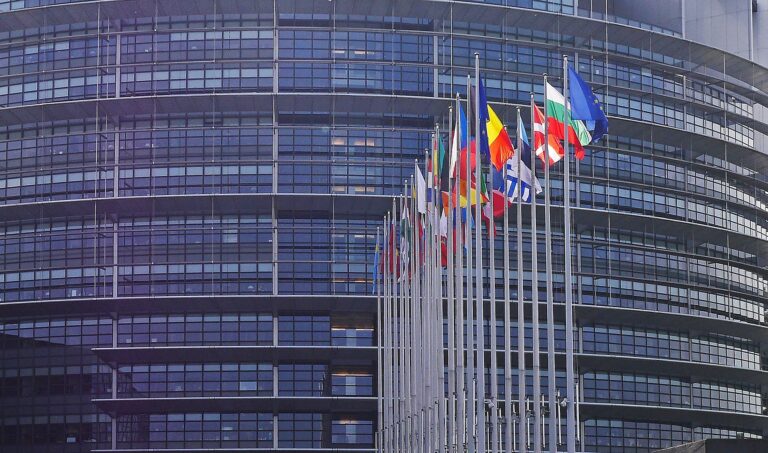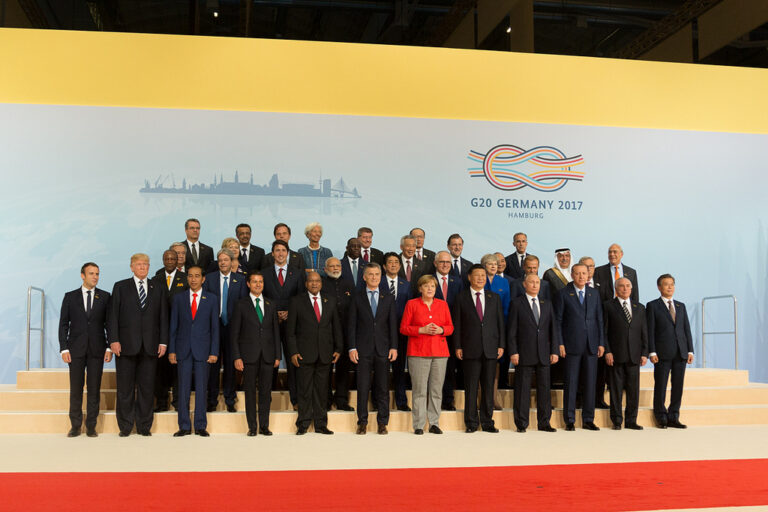
Editorial by Peter Wahl
Dear readers,
The series of landmark elections in France and Germany – and to a certain extent in the Netherlands and Austria – has lead to a dramatic upheaval in the political systems of the respective countries. While right wing and nationalist parties have gained political power in government or parliament, traditional parties have faced defeats. In particular, the secular decline of social democratic parties has dramatically continued. The elections reflect a deep structural crisis in the political systems. Political instability and uncertainty will increase even further. Not to mention the refugee issue, Poland and Hungary – as well as Trump, Erdogan and recently, the Catalonia conflict.
Although economic growth in the Euro-zone has reached the pre-crisis level for the first time – after nearly a decade – there is not really a détente. Old problems continue to simmer under the surface: youth unemployment in Greece, Italy and Spain remains at 35% – 43%, leaving an entire generation behind. Poverty and precariousness are on the increase in most countries. Trade imbalances have deepened, and € 865 billion in non-performing loans remains a ticking time bomb. The EU wants to defuse it by selling the loans off in secondary markets, i.e. without knowing where the risks are being channelled to. Meanwhile, the IMF, BIS, UNCTAD and other international bodies are insistently warning about a new financial crash.
In times such as these, a functioning EU governance system and stable political conditions in member states would be necessary. However, politicians and society will continue to be very much absorbed by domestic issues, and their problem-solving capacity will be further reduced. This general trend has now also reached Germany, which many believed to be an island of stability in an ocean of chaos. The so-called Jamaica Coalition of Christian Democrats, Liberals and Greens, which is presently under negotiation, is inherently unstable. Except for the Liberals, the others were weakened in the German elections, including Merkel personally. All the loser parties have a strong interest in not giving up too much on their positions, otherwise they will lose credibility and will face heavy internal tensions. It will be very difficult to agree on a common programme, and any compromise will be over an extremely small denominator. [Note: this editorial was written before the news(opens in new window) broke that the German liberals have called off coalition talks]
As a consequence, many burning issues will be bracketed off. The German position in the EU will be weaker. But this does not mean that Berlin will soften its line in the management of the Euro crisis. On the contrary, the Liberals (FDP) have already declared that they will strictly insist on Schäuble’s austerity paradigm. The Christian Democrats were always close to that, but will be happy to have their hardliner image shifted to the FDP. The Greens, who consider themselves forerunners of pro-Europeanism, will not oppose the FDP, because their leaders are too eager to become ministers. Therefore, even modest proposals for a less austerity-based management of the Euro-zone, as suggested by France, are unlikely to go very far.
Hence, there is no light at the end of the tunnel of EU crises. Instead, stagnation and muddling through, as we have been familiar with for so many years, will continue.
Do you need more information?
-

Jasper van Teeffelen
Researcher
Partners
Related content
-

-
 New mandates for EU supervisors: more financial integration and handling future challengesPosted in category:News
New mandates for EU supervisors: more financial integration and handling future challengesPosted in category:News Myriam Vander StichelePublished on:
Myriam Vander StichelePublished on: -
 Update financial reforms: roll-back at full steamPosted in category:NewsMarkus Henn, WEEDPublished on:
Update financial reforms: roll-back at full steamPosted in category:NewsMarkus Henn, WEEDPublished on: -
 Old G20 privatisation wine in new Argentinean bottlesPosted in category:NewsMarkus Henn, WEEDPublished on:
Old G20 privatisation wine in new Argentinean bottlesPosted in category:NewsMarkus Henn, WEEDPublished on:

